Collecting service fees is still difficult
Decision No. 39 was issued to replace Decision No. 43, dated December 26, 2017 of the Provincial People's Committee regulating the price of collection, transportation and treatment of household waste in the province. The Decision stipulates specific maximum prices for each collection, transportation and treatment service for households per capita and business households in groups of districts, cities and agencies and organizations. Thereby, it aims to improve the efficiency of collecting fees for environmental sanitation services, ensuring costs for collection, transportation and treatment of household waste.
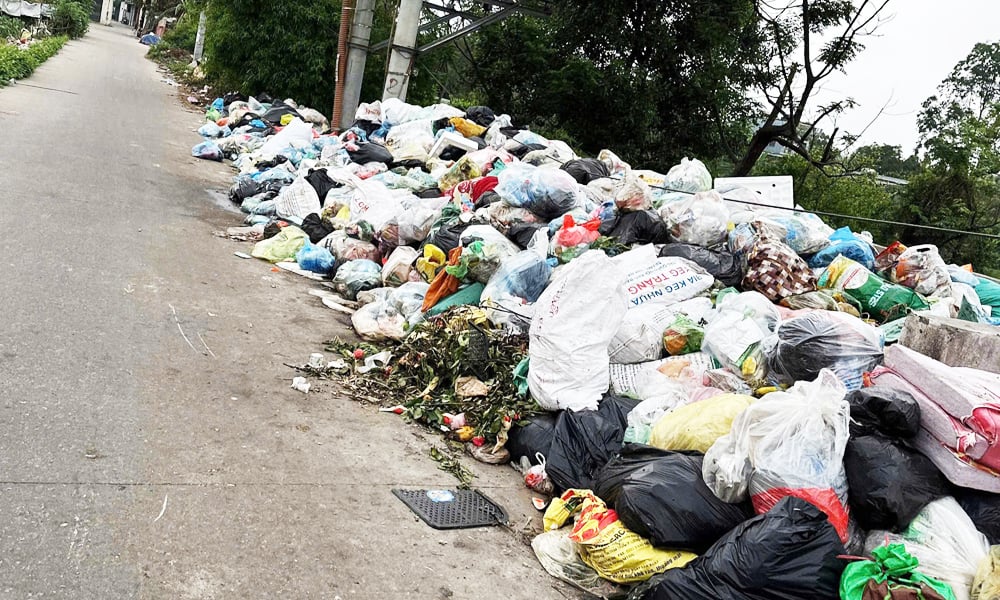 |
Garbage left at Noi residential group, Noi Hoang ward ( Bac Giang city). Photo taken on the afternoon of May 4. |
According to regulations, the People's Committees of communes, wards and towns develop service price plans and submit them to the People's Committees at the district level for approval as a basis for collection; organize collection, management and use of collected money to pay enough for service providers; the remaining amount is submitted to the district budget to pay for transportation and treatment units... Districts, towns and cities specifically approve the collection prices in the area; strengthen propaganda and dissemination of price plans for people to strictly comply. At the same time, regularly inspect and supervise service providers... to improve the quality of waste collection, transportation and treatment.
Actual surveys show that in recent years, following the direction of the province, districts, towns and cities have approved service price plans and implemented them in all communes, wards and towns in the province. Accordingly, the collection level in districts, towns and cities is generally regulated for non-business households from 10-50 thousand VND/household/month. Depending on the scale, business households in localities collect from 110-295 thousand VND/household/month; boarding houses collect from 8-11 thousand VND/person/month...
Although the regulations are like that, in some places, the collection results are still low. For example, in Noi Hoang ward (Bac Giang city), according to the approved service price plan of the ward, non-business households pay 30-40 thousand VND/person/month; business households pay 145 thousand VND/household/month, but the collection results have not met the requirements. Mr. Duong Van Tuan, Vice Chairman of the Ward People's Committee, said that in 2024, the locality will develop a plan to collect sanitation service fees from households of 158 million VND/month, but the collection results will only reach 100 million VND, accounting for more than 63% of the total amount that needs to be collected. This amount is collected from 92% of the total households in the ward.
Since the beginning of the year, the collection of sanitation service fees from the ward's residential groups has also been low. According to the representative of the leader of A Dai Loi Trading and Production Company Limited (Bac Giang city - the garbage collection unit in Noi Hoang ward), the service fee collection rate in most residential groups is only about 60 - 63% of the total amount that needs to be collected. Therefore, the enterprise has difficulty in funding the arrangement of garbage collection workers. In Noi Hoang ward, there are still some places where garbage remains, causing pollution such as in the residential groups: Noi, Tien Phong...
In the communes of Dong Phu, Tam Di (Luc Nam); Phong Minh, Phong Van (Luc Ngan); Dong Huu, Tan Hiep, Dong Ky (Yen The); An Duong (Tan Yen) ..., the collection rate only reached 50-70% compared to the total number of households that need to collect. Worryingly, in Cao Thuong town (Tan Yen), although the locality has organized collection, it only collected 5 thousand VND/household/month, much lower than the approved unit price. Or in Luc Nam district, some places only collected 6 thousand VND/household/month. For small business households and food and beverage businesses, most districts, towns and cities cannot collect service fees at the level of 106 - 295 thousand VND/household/month as prescribed. According to the assessment of professional agencies, this collection level in many communes does not ensure the current collection, transportation and treatment of waste.
According to preliminary statistics, in 2024, the whole province collected more than 84.5 billion VND for environmental sanitation services while the total expenditure for collection, transportation and treatment activities was more than 184 billion VND. Some localities with high revenue include: Bac Giang city with more than 27.6 billion VND, Hiep Hoa with more than 11.9 billion VND, Lang Giang with nearly 11 billion VND, Viet Yen town with nearly 11 billion VND. Besides localities with high revenue, many places have low service revenue such as: Luc Ngan district with 752 million VND, Yen The district with more than 1.7 billion VND, Tan Yen district with more than 3.6 billion VND...
Focus on increasing the collection rate
According to estimates from the Department of Agriculture and Environment, in 2024, the rate of environmental sanitation service fee collection in the whole province will reach 72.7%. Difficulty in collecting environmental sanitation service fees makes it difficult to regulate the budget for waste collection, transportation and treatment.
| According to the forecast of the functional sector, this year, the amount of waste generated is more than 1 thousand tons/day, by 2030 it will be nearly 1.3 thousand tons/day. Therefore, the budget to pay for collection, transportation and treatment activities is expected to reach hundreds of billions of VND. |
The low collection of environmental sanitation service fees is primarily due to the fact that localities, especially communes, wards and towns, have not actively organized the collection and have not done a good job of propaganda and mobilizing people. For example, in Noi Hoang ward, the locality is currently not responsible for collecting service fees but has assigned the collection to A Dai Loi Trading and Production Limited Liability Company. This is not in accordance with the spirit of Decision No. 39 that the People's Committee at the commune level organizes the collection, management and use of collected money to pay enough to the service provider. In addition to the above reasons, many people have not complied with paying the full amount as prescribed.
It is estimated that currently, the amount of waste generated in the whole province is about 965.5 tons/day, the collection and treatment rate is 97.1%. However, due to the lack of funding to pay organizations and individuals to provide services, the collection, transportation and treatment of waste in some localities has not been maintained regularly and effectively, and waste is still remaining. According to forecasts, this year, the amount of waste generated is more than 1 thousand tons/day, by 2030 it will be nearly 1.3 thousand tons/day. Therefore, the budget to pay for collection, transportation and treatment activities is expected to reach hundreds of billions of VND.
Collecting fees for environmental sanitation services is a correct policy, meeting the requirements of environmental protection tasks. It is known that this year, the province plans to continue to increase the rate of collection of fees for this service. Specifically, Bac Giang city strives to collect 100%; districts: Hiep Hoa, Lang Giang and Viet Yen town collect 95% or more, the remaining localities collect 85% or more. To achieve the above goal, Mr. Vu Van Tuong, Deputy Director of the Department of Agriculture and Environment, said that the Department is currently coordinating with districts, towns and cities to strengthen propaganda so that people can raise awareness, be responsible for paying the correct amount of money according to the prescribed unit price. The Department focuses on inspecting, reviewing and reminding communes, wards and towns that have not yet organized fee collection to ensure the requirements of increasing the collection level in order to maintain regular and effective collection, transportation and treatment of waste.
Along with that, localities regularly inspect and monitor people's littering activities, strictly correcting cases of non-payment of service fees. Many opinions say that, in order to collect, transport and treat domestic waste effectively, localities need to calculate and increase the service fee collection rate; consider adjusting the appropriate collection level for each subject, and have strict regulations for the convenience of collection units. In Noi Hoang ward, the ward leader representative said that in May, the locality will organize the collection of environmental sanitation service fees instead of having businesses coordinate with the village to do it as before.
Source: https://baobacgiang.vn/thu-tien-dich-vu-ve-sinh-moi-truong-khong-du-chi-vi-sao--postid417500.bbg



![[Photo] Prime Minister Pham Minh Chinh meets with Hungarian President Sulyok Tamas](https://vphoto.vietnam.vn/thumb/1200x675/vietnam/resource/IMAGE/2025/5/29/dbcaa73e92ea4448a03fe1d0de6d68e8)

![[Photo] Vietnamese and Hungarian leaders attend the opening of the exhibition by photographer Bozoky Dezso](https://vphoto.vietnam.vn/thumb/1200x675/vietnam/resource/IMAGE/2025/5/29/94d8ceca5db14af3bf31285551ae4bb3)

![[Photo] Prime Minister Pham Minh Chinh receives leaders of Excelerate Energy Group](https://vphoto.vietnam.vn/thumb/1200x675/vietnam/resource/IMAGE/2025/5/29/c1fbe073230443d0a5aae0bc264d07fe)

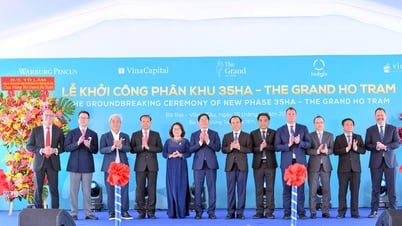

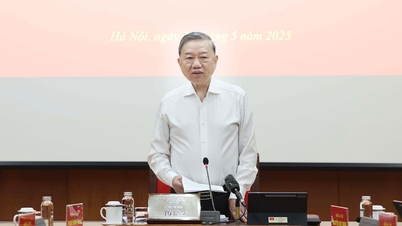

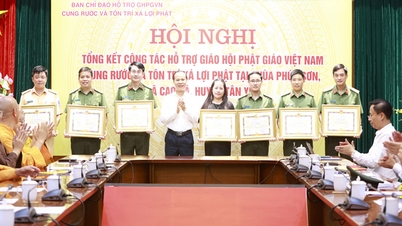







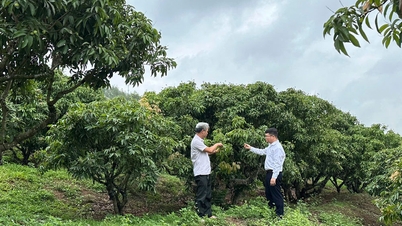


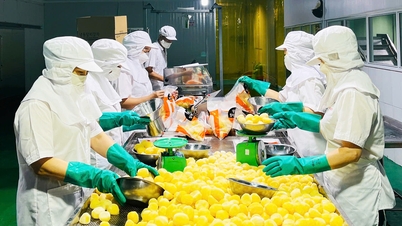




























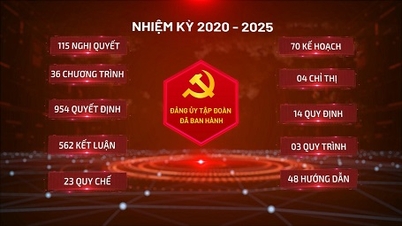





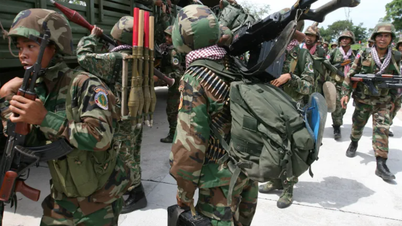




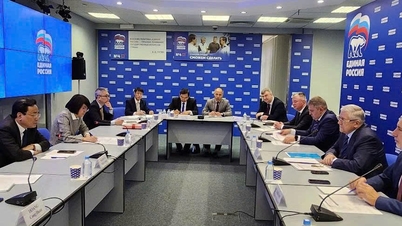


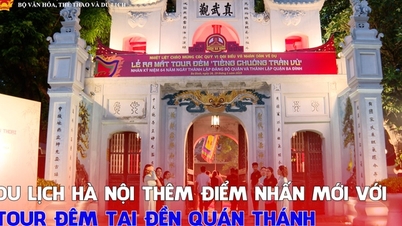
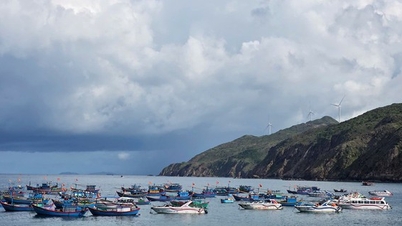

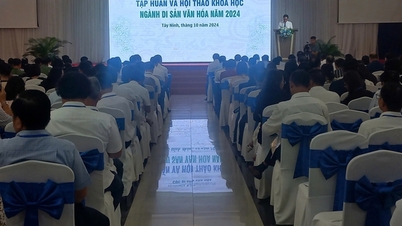



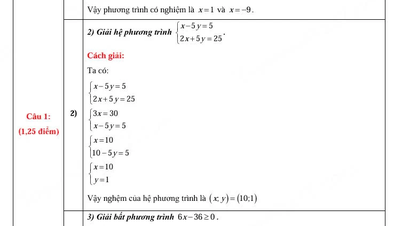








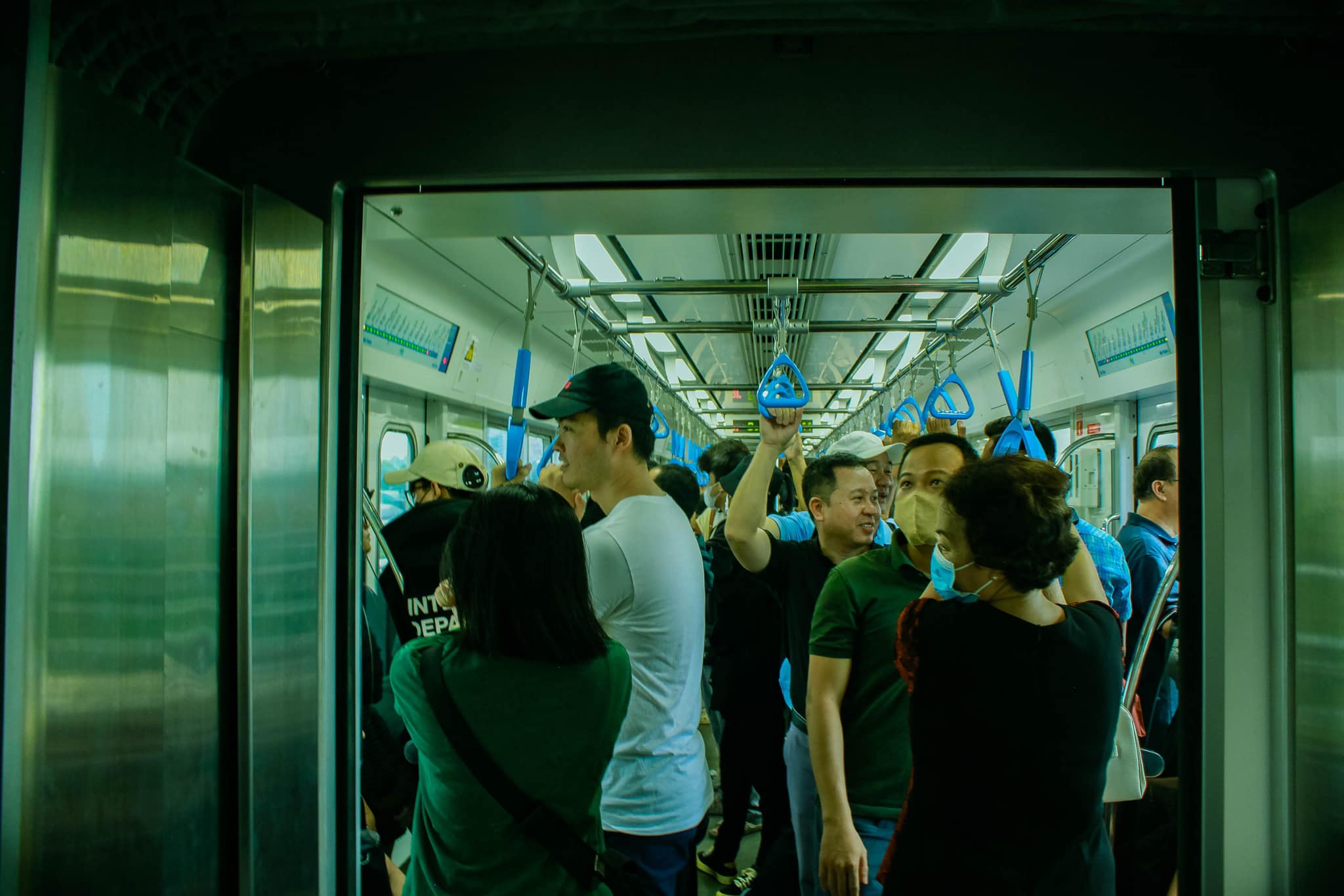



Comment (0)